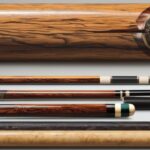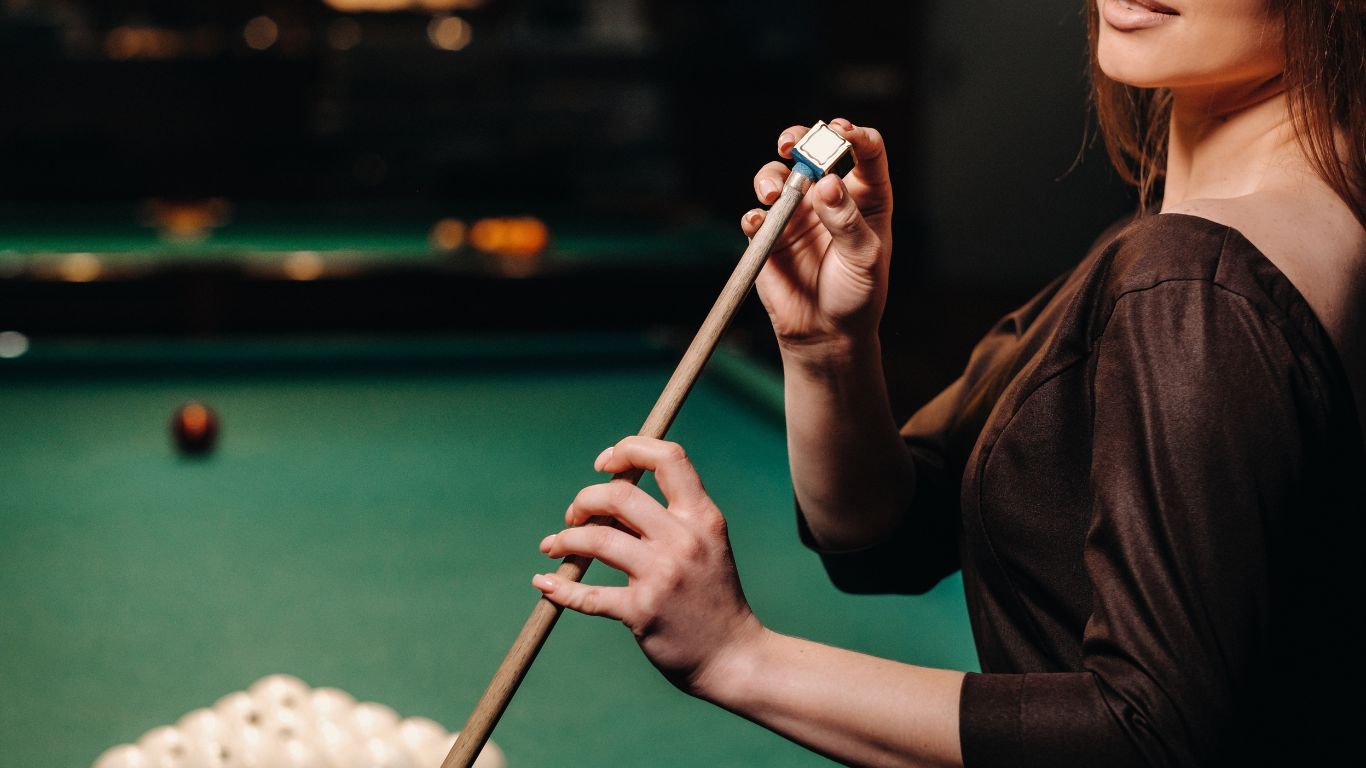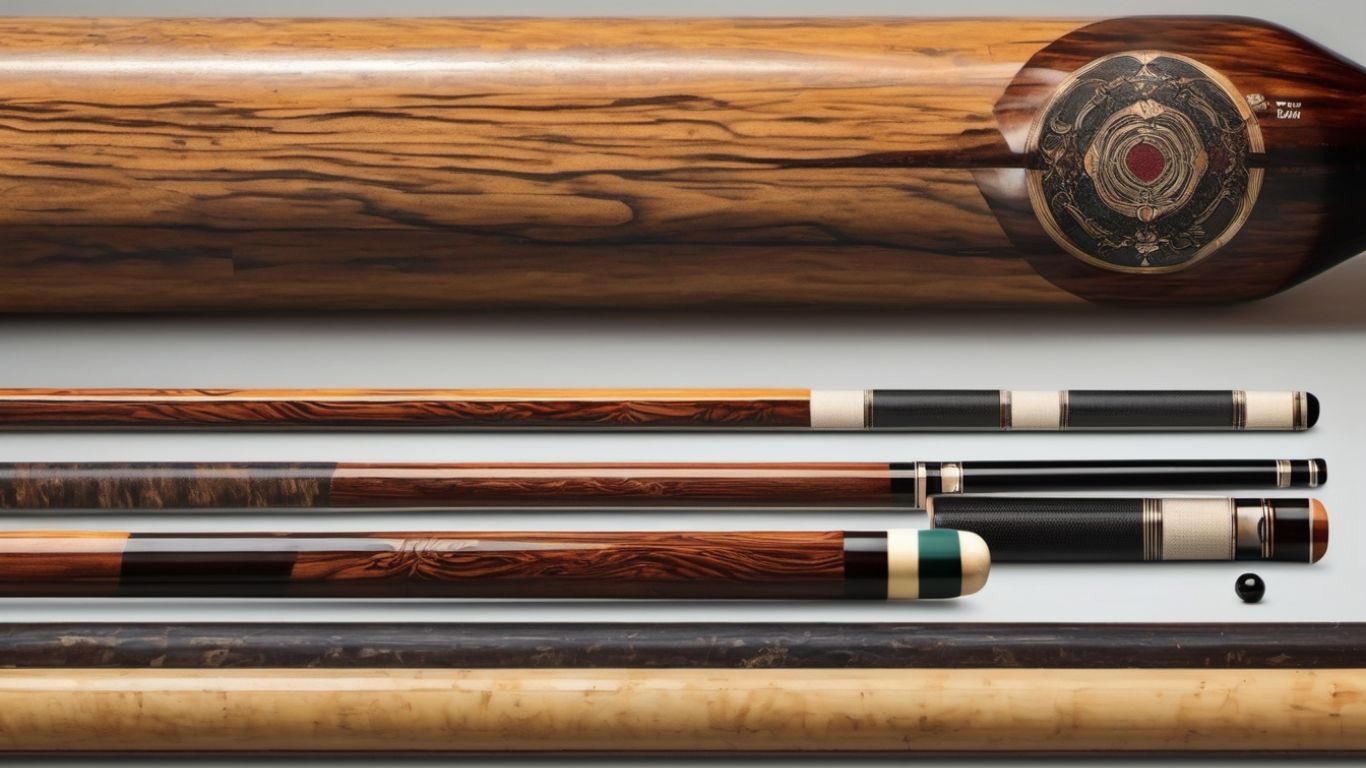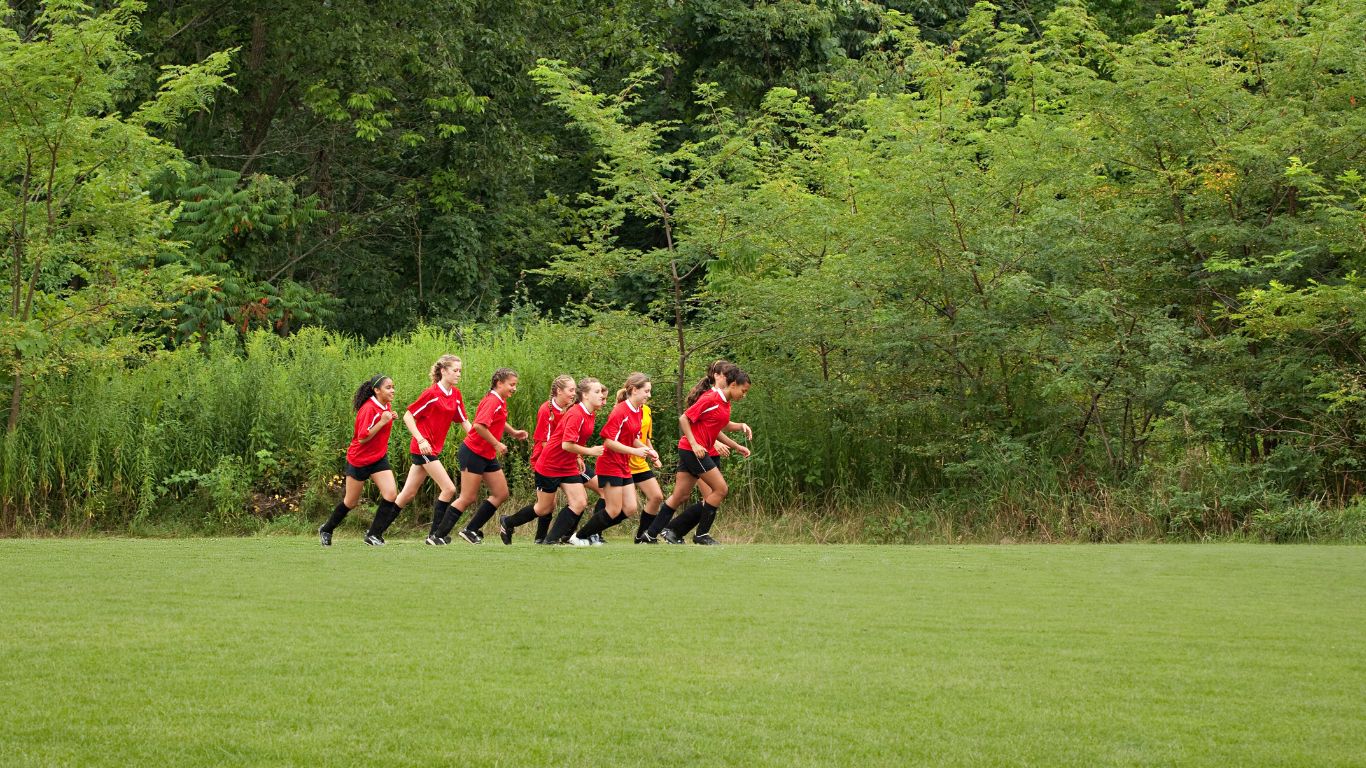The pool cue tip is a small but mighty component of your cue. It’s the only part that makes contact with the ball; its condition greatly influences your game’s precision and consistency. Proper maintenance of your pool cue tip isn’t just about upkeep; it’s about respecting the game, preserving your equipment, and enhancing your performance. Here’s how to ensure your cue tip stays in top shape, ensuring every shot is as accurate and controlled as possible.
Why Cue Tip Care is Critical
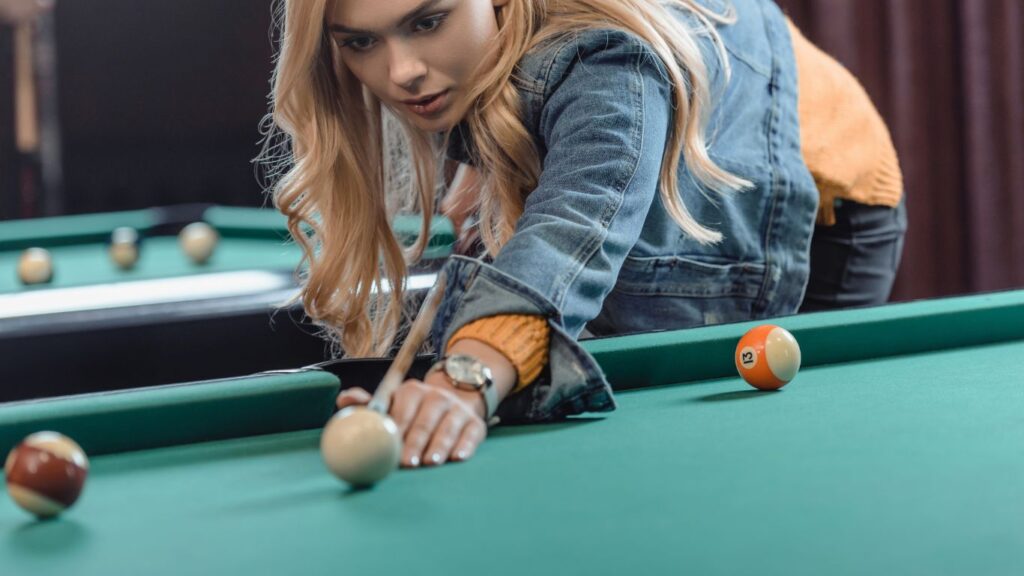
- Consistent Performance: A well-maintained cue tip provides a reliable surface for hitting the cue ball, minimizing miss-cues, and ensuring shots are executed as intended.
- Increased Longevity: Regular care extends the life of your cue tip, delaying the inevitable wear and requiring fewer replacements over time.
- Shape and Integrity Maintenance: The shape of the cue tip affects how it interacts with the cue ball. Keeping it in good condition helps maintain desirable ball spin and control.
- Investment Protection: High-quality cues represent a significant investment. Proper tip maintenance helps protect this investment, preserving the cue’s value.
- Enhanced Playing Experience: Caring for your cue tip (and your cue in general) fosters respect for the equipment and the game, leading to a more enjoyable play experience.
Key Maintenance Tips
- Chalk Properly and Regularly
Chalking your cue tip before every shot might seem basic, but it’s essential. Proper chalking prevents miss-cues and ensures the tip maintains good health by providing adequate friction between the tip and the ball.
- Scuff and Shape Regularly
Over time, the tip can become too smooth and rigid, losing its ideal shape. Use a scuffer or shaper to maintain its curvature and roughness, which helps the tip hold chalk better and maintain proper contact with the cue ball.
- Store Correctly
When not in use, store your cue in a protective case. This prevents the tip from flattening, becoming misshaped, or suffering other damage. A good case also shields the cue from excessive moisture, which can soften and damage the tip.
- Avoid Moisture
Moisture is the enemy of cue tips. It can soften the tip, altering its performance characteristics. Always store your cue in a dry place and avoid handling the tip with wet hands.
- Clean Regularly
Chalk and dirt buildup on the cue tip and ferrule can affect performance. To keep these areas in optimal condition, clean them gently with a damp cloth. Avoid harsh chemicals or abrasive materials that could damage the tip or cue.
FAQs
What is the best way to chalk a pool cue tip?
The best way is to gently rotate the chalk over the tip in a smooth, circular motion, ensuring an even coverage without over-chalking. Avoid pressing too hard to prevent the tip from becoming clogged with chalk.
How often should I replace my pool cue tip?
This depends on how frequently you play and the quality of the tip. On average, a casual player might replace their tip once a year, while a more severe player might do so every few months.
Can I repair a damaged cue tip myself?
Minor repairs, such as reshaping or scuffing the tip, can be done at home with the right tools. However, replacing the tip should ideally be done by a professional to ensure it’s properly aligned and secured.
How can I tell if my cue tip needs maintenance?
Signs include:
- A smooth, shiny surface.
- There is a change in the sound when hitting the cue ball.
- Difficulty controlling the ball’s spin.
- Visible damage and flattening.
Is using a specific type of chalk for my cue tip necessary?
While any quality billiards chalk can work, it is advisable to use chalk that matches the hardness of your cue tip for optimal performance. Different brands offer various levels of coarseness and adherence.
Conclusion
Cue tip maintenance is essential to caring for your pool cue and ensuring your game remains sharp. By following these maintenance tips, you’ll enjoy consistent performance, extend the lifespan of your cue tip, and protect your investment in quality equipment. Remember, a well-maintained cue reflects a player who respects the game and takes their performance seriously.


